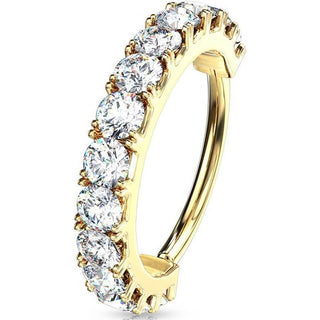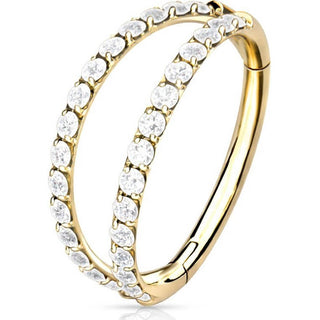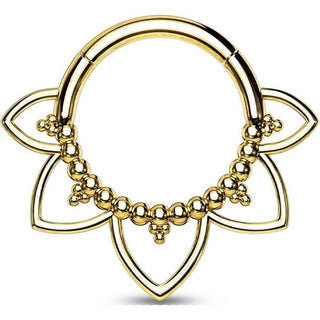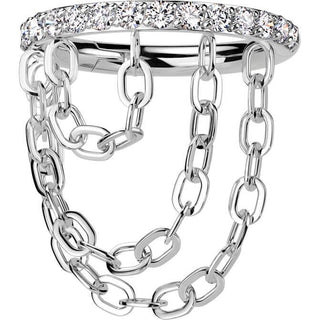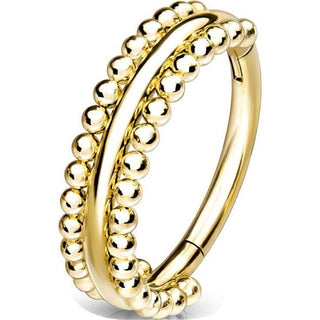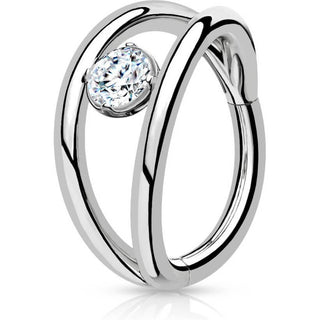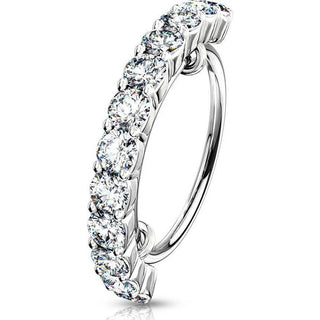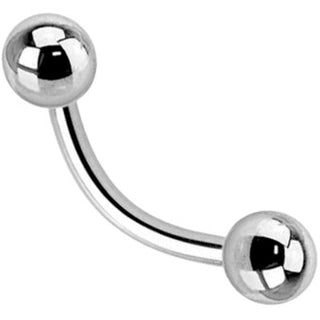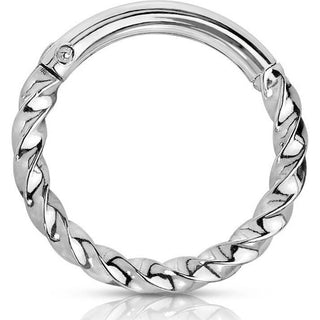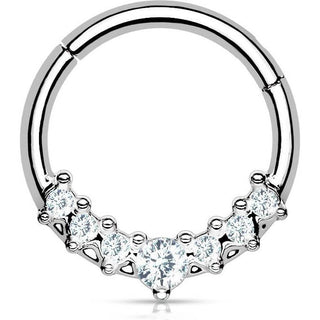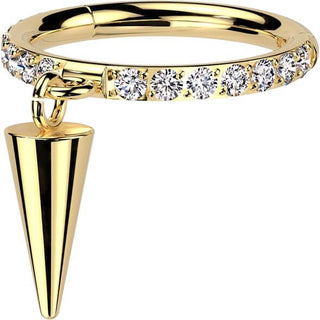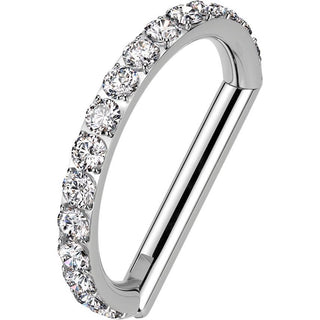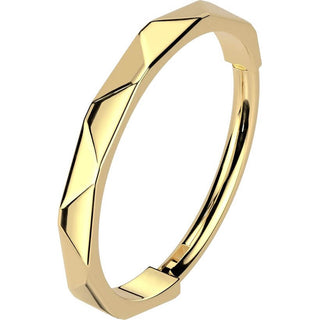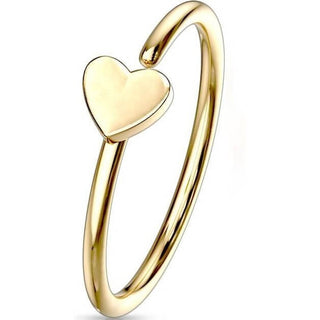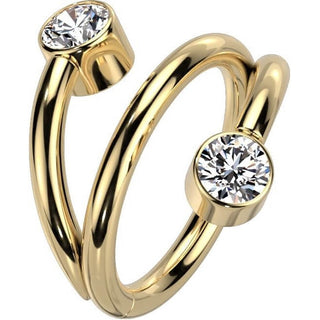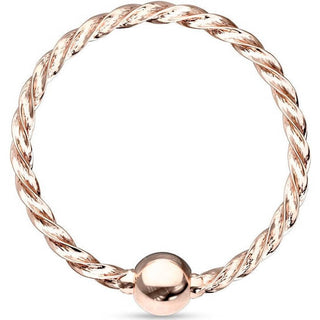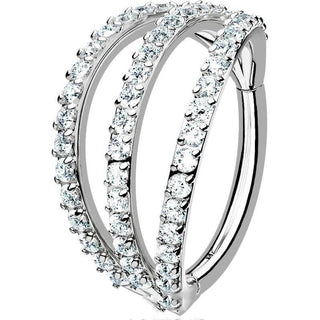Snug Piercing
Discover Snug Piercing´s extensive collection of over 400 high-quality piercings, made from titanium, 316L surgical steel. Enjoy excellent prices and customer service.
Regular price
CHF 17.00
from CHF 13.00
- Unit price
- /per
Regular price
CHF 17.00
from CHF 13.00
- Unit price
- /per
Regular price
CHF 19.00
from CHF 15.00
- Unit price
- /per
Regular price
CHF 19.00
from CHF 16.00
- Unit price
- /per
Regular price
CHF 32.00
from CHF 27.00
- Unit price
- /per
Regular price
CHF 27.00
from CHF 23.00
- Unit price
- /per
You’re viewing 1-40 of 484 products
Snug Piercing
The snug piercing is a rare ear piercing trend, but one that has been gaining popularity in recent years. The snug piercing is located on the inner cartilage fold of the pinna opposite the Tragus Piercing or Daith Piercing. Especially as part of the Curated Ears, this ear piercing comes into its own perfectly and allows for a unique piercing look.
Here in our shop there are many types of piercing Jewelry in the most diverse designs with which the snug piercing can be embellished. Banana piercings with balls as well as with attachments like spikes or cubes create an interesting look. Simple metal rings decorate the Snug in a plain way. Snug jewellery in different colours also offer a variety of style options.
In this guide, all the important information about snug piercing is clearly presented. Topics such as piercing, care and jewellery are covered.
Snug piercing jewellery
Curved Barbell Piercing (bananas) and small piercing rings are particularly suitable as snug piercing jewellery. CBR Piercing rings with plain metal balls as well as CBR rings with Zirconia Piercing or Opal Piercing set balls make the snug piercing sparkle and highlight the ear. Piercing Ring with zirconia pendants also beautify the ear. Plain bananas with simple spheres discreetly accentuate the ear, while unusual banana piercings with end pieces in designs such as cubes, spikes or eyeballs attract all eyes.
The bar thickness of Snug jewellery is usually 1.2 mm and more rarely 1.6 mm. The diameter and length of Snug piercing jewellery is usually between 6 mm and 10 mm. Depending on the individual anatomy, the length and diameter can also be larger.
The most popular materials for Snug jewellery are Titanium Piercing, Gold Piercing and Surgical Steel Piercing. These three piercing materials offer many advantages. Titanium and surgical steel do not rust. Titanium is particularly light in weight and thus makes it comfortable to wear. Titanium snugs are also nickel-free and therefore suitable for allergy sufferers and people with sensitive skin. The high-quality real gold in 14 carat and 18 carat is also allergy-friendly and lets the wearer shine in incomparable elegance.
Piercing
The Snug Piercing is pierced horizontally by the piercer through the inner cartilage fold. The pinna is first disinfected and the puncture site is marked with a pen. Once the wearer agrees with the placement of the snug, the piercer will pierce the snug with a sterile indwelling vein cannula. The initial jewellery is then threaded through the piercing canal. Most piercers use banana piercings as the initial jewellery here.
For many people, the snug piercing cannot be pierced due to the anatomy of their ear. Often the inner cartilage fold is not strong enough. The Faux Snug Piercing can be a suitable alternative in this case. With the Faux Snug, a piercing is placed on the conch and on the edge of the ear directly next to the snug spot. This way a Snug Piercing can be faked.
Another variation of the Snug Piercing is the Ragnar Piercing. This is a type of snug piercing where the piercing channel is much longer. With the Ragnar piercing, the puncture site inside the pinna is identical to that of the Snug piercing, while the puncture site runs through the edge of the ear.
The pain of a snug piercing is quite high, as the piercing goes through very thick and sensitive cartilage tissue. However, with a local anaesthetic of a spray or ointment, the short pain can be well endured.
The costs for a snug piercing are usually around 40 € to 60 €. Of course, this value depends on the region as well as the piercing studio and can therefore vary.
Snug care and healing
As with most cartilage piercings on the ear, the Snug Piercing takes about 6 to 9 months to heal. If inflammation or other piercing complications occur during this time, the healing time can also be extended.
However, with the right care, healing should go smoothly. For this purpose, you should clean the fresh piercing wound twice a day during the first weeks. It is important to disinfect your hands beforehand, otherwise germs can be transported into the piercing canal. Therefore, you should touch or play with the piercing as little as possible.
Visits to saunas, swimming pools and solariums as well as sports activities should be avoided during the first weeks after the piercing. There is an increased risk of infection. Dyeing your hair is also not a good idea during this time, as the aggressive chemicals of the dye can irritate the stitch canal and slow down the healing process.
Care should always be taken when dressing, otherwise the Snug could get caught on clothing. If you have long hair, it is advisable to wear ponytails and chignon during healing so that the hair does not get caught on the Snug piercing. The pierced ear should also not be slept on to avoid putting pressure on the Snug. Objects that come into contact with the new Snug, such as the mobile phone, should always be disinfected beforehand.
Snug risks
Because piercing adds a wound to the body, adverse reactions can occur during healing. First and foremost is the risk of inflammation. This can cause the piercing canal to discharge yellow or green pus. Other signs of infection are throbbing pain, redness and a warming of the snug spot. If these symptoms occur, the piercer or a doctor should be contacted immediately.
The formation of gamey flesh is also a risk with the Snug. In the case of the ear cartilage, there is an increased risk. Therefore, careful care and good hygiene are essential.
The pressure pain that can occur with many ear cartilage piercings is also a piercing risk with the Snug. As this pressure pain is caused by the displacement of the cartilage tissue during the piercing with a needle, the pressure pain can be prevented by choosing the punching as the piercing method.
Immediately after pricking, the new snug may also swell slightly. This initial swelling is completely normal and usually disappears on its own. However, the area can also be cooled for faster swelling reduction.



